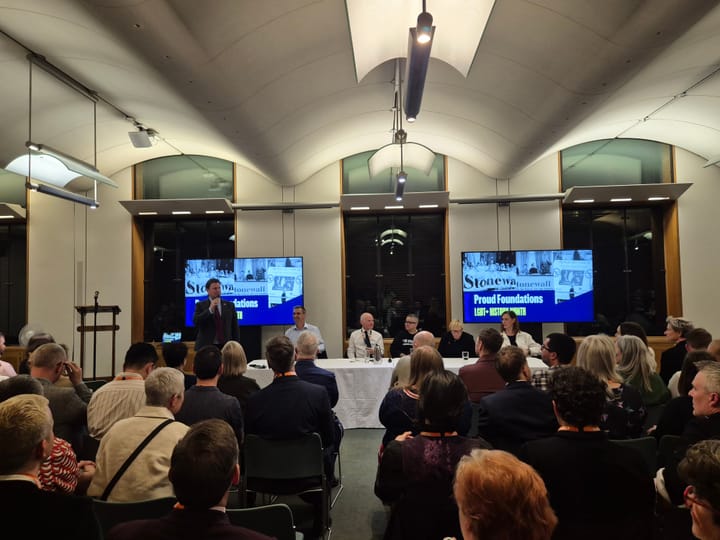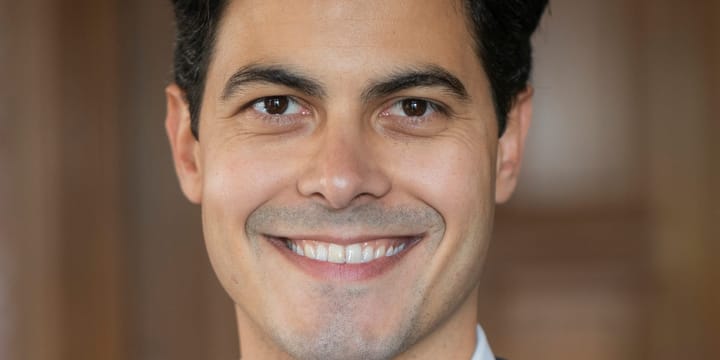Rob Jetten poised to make history as Netherlands' youngest and first openly gay Prime Minister

Rob Jetten, the 38-year-old leader of the centrist Democrats 66 (D66) party, is on the brink of making history as the Netherlands’ youngest and first openly gay prime minister, following a strong performance in Wednesday’s national elections.
Exit polls suggest D66 has edged ahead of Geert Wilders’ far-right Party for Freedom (PVV), securing 27 seats in the 150-member parliament compared to PVV’s 25. While coalition talks are expected to be complex and protracted, Jetten is now in prime position to lead negotiations and potentially form a government.
Jetten’s rise marks a dramatic turnaround for D66, which won just nine seats in the 2023 election. His transformation from a technocratic climate minister to a charismatic and optimistic campaigner has resonated with voters across the political spectrum. His slogan, Het kan wel (“It is possible”), echoed Barack Obama’s “Yes We Can” and captured the mood of a public weary of divisive politics.
Throughout the campaign, Jetten positioned himself as a unifying figure, directly challenging Wilders’ rhetoric. He accused the PVV leader of “hijacking Dutch identity” and using women’s and LGBTQ+ rights as a tool to marginalise Muslims. In contrast, Jetten promoted a more inclusive and pragmatic approach to migration, advocating for asylum applications to be processed outside the EU and for increased investment in integration programmes.
Housing was another key issue in Jetten’s campaign. He pledged to build ten new towns and simplify regulations to enable the construction of 100,000 homes annually, addressing a national shortage of over 400,000 dwellings.
While Jetten’s sexuality was not a central theme of his campaign, his potential appointment would be a landmark moment for LGBTQ+ representation in Dutch politics. The Netherlands, which became the first country to legalise same-sex marriage 25 years ago, has long been a leader in LGBTQ+ rights. Jetten is engaged to Argentine hockey player Nicolás Keenan, with their wedding planned for next August.
His media-savvy campaign included appearances on popular television programmes, including a quiz show that aired during the election period, helping to soften his image and broaden his appeal. Once dubbed “Robot Jetten” for his stiff public persona, he now appears poised to usher in a new era of progressive yet practical governance.
As coalition negotiations begin, Jetten has expressed his desire to form a “stable and ambitious cabinet” that reflects the optimism and unity he championed throughout the campaign.
Support independent LGBTQ+ journalism
Scene was founded in Brighton in 1993, at a time when news stories about Pride protests were considered radical. Since then, Scene has remained proudly independent, building a platform for queer voices. Every subscription helps us to report on the stories that matter to LGBTQ+ people across the UK and beyond.
Your support funds our journalists and contributes to Pride Community Foundation’s grant-making and policy work.
Subscribe today




Comments ()